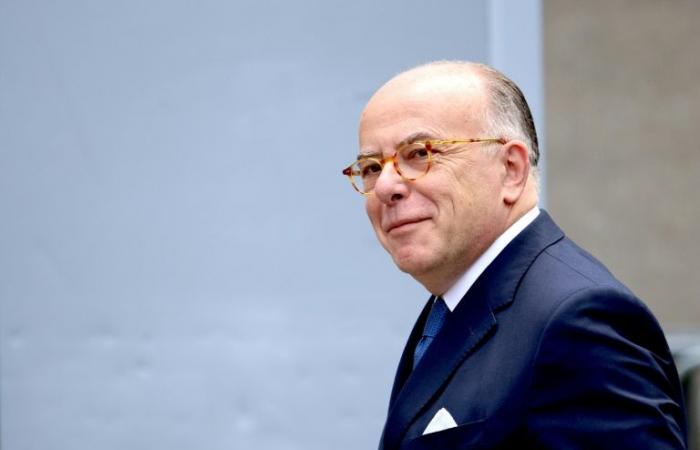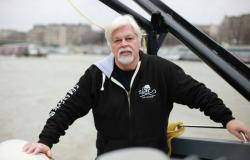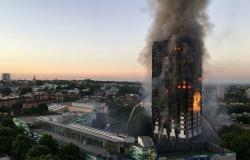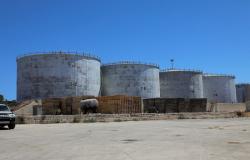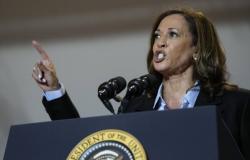AFP
12 years late, Flamanville EPR prepares to produce electricity
The EPR nuclear reactor in Flamanville (Manche), whose river-like construction site has experienced multiple setbacks, reached a historic milestone on Tuesday with the achievement of the first nuclear fission, but EDF’s flagship still has to undergo numerous tests before supplying the electricity network. – What is “divergence”? After loading the uranium rods into the reactor core in May, EDF has conducted a series of cold and hot tests in recent months which resulted on Monday in obtaining the green light from the Nuclear Safety Authority (ASN) to launch the first nuclear fission reaction. In the jargon, we speak of “divergence”, a crucial stage in the start-up of the reactor. In the end, it took about fifteen hours to reach this state of “divergence”, at “3:54 p.m.” Tuesday, announced EDF. “This first nuclear reaction marks the beginning of the increase in power, in successive stages, of the Flamanville EPR”, which is currently simmering at 0.2% of its nominal power. Concretely, the first nuclear reaction is obtained when a neutron breaks a uranium atom nucleus, which releases a large quantity of energy and other neutrons, which will in turn lead to other nuclear reactions. In the control room, a repetition of hammering sounds – “knock-knock-knock” illustrating the ejection of neutrons – helps guide operators through this process. – What are the next steps? EDF teams will now begin “a whole test program” that will allow the installations to gradually be brought “to the conditions for connecting the reactor to the electricity grid” over several weeks, explained Régis Clément, deputy director of EDF’s nuclear production division, on Monday evening. The reactor will then be at 25% of its power and will begin to deliver electricity to households. The chain reaction produces a large quantity of heat that can heat water to 320 degrees, the steam pressure of which turns a turbine that in turn drives an alternator to produce electricity. The energy company had hoped to connect its new generation reactor to the network by the end of the summer, but it will finally be towards the end of the fall. Here again, the work will be “far from finished”, because EDF will “carry out a gradual increase, step by step in power over several months”, according to Mr. Clément. Given the new delay, EDF, which had given an appointment at the end of the year to obtain the full power of the reactor at 100%, has not this time communicated a new deadline. The reactor, the country’s 57th nuclear unit and the most powerful (1,600 MW), will operate for a cycle of around eighteen months, before a full maintenance visit in 2026 and the replacement of the vessel cover, due to long-known anomalies. – Why is this historic? As nuclear historian Michaël Mangeon recalls on the X network, it has been a quarter of a century since France, the country with the most nuclear power plants per capita, had started up a new reactor, “since 1999 and the Civaux nuclear reactor 2”, in Vienne. In addition, the start-up comes 20 years after the first official green light for this project. At the time, the Prime Minister was called Jean-Pierre Raffarin and the number 10 of the French football team was Zinédine Zidane. The decision therefore dates back to well before Emmanuel Macron’s presidency, but given the desire to revive nuclear power that he expressed during his speech in Belfort in 2022, the start-up of the EPR constitutes a milestone in French nuclear policy, between the closure of the Fessenheim nuclear power plant in 2020 and the construction of the six future EPR2 reactors, the commissioning of the first pair of which has been announced for 2035. The anti-nuclear NGO Greenpeace has also criticized “a false start or rather a political start”. “EDF is making the divergence a sensationalist event to sow confusion among the general public, while we are far from an effective industrial start-up,” declared Yannick Rousselet, nuclear safety consultant for Greenpeace France.ngu-nal/jum/er

